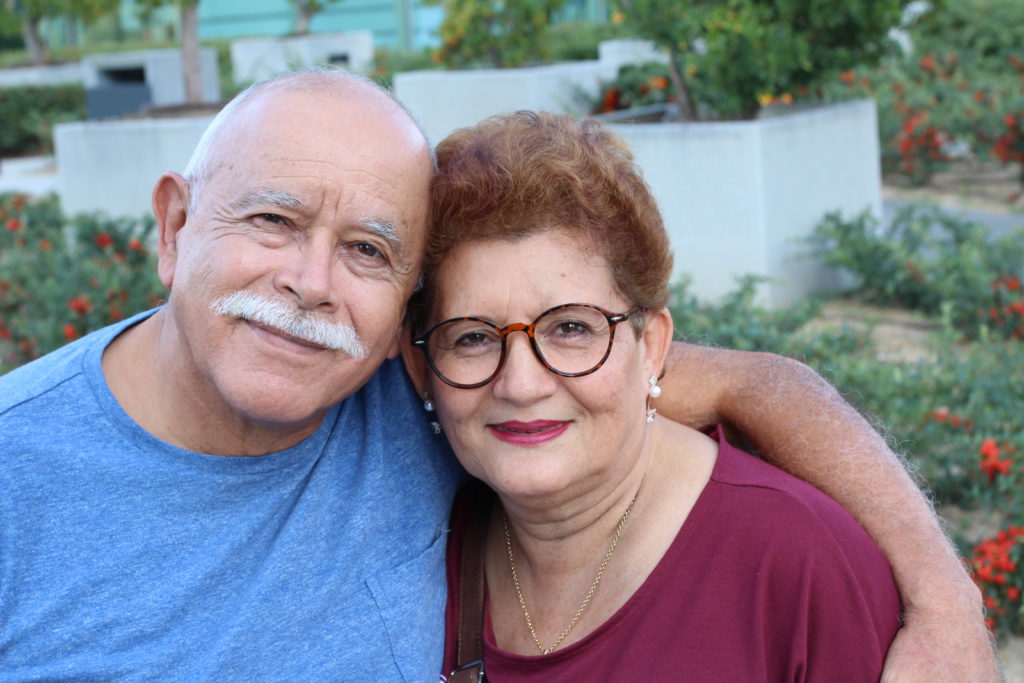Higher Education Job Search Tips for Older Employees
“Teaching and learning have always been intergenerational processes,” shares Dr. Heather Wallace, Assistant Professor for the Public Health program at Grand Valley State University. “Older employees have plenty to offer the higher education workplace.”
Dr. Wallace, an interdisciplinary scholar with degrees in Sociology, Public Health, and Gerontology, shares advice for older adults navigating the higher education workplace.
In a competitive job market, how can senior job seekers highlight their skills?
Figure out how to tell your story.
Ask yourself: Who are you? Why are you applying to this particular job? What can you contribute? A prospective employer shouldn’t have to ask the “right questions” to draw out this information. Offer to submit a portfolio of your work highlighting evidence of your qualifications. If you create this portfolio preemptively—regardless of whether an employer wants to see it—you’ll build your confidence.
In a cover letter or interview, draw from your years of experience to illustrate why you’re a great fit for the position: “As an experienced project manager, I think that would be an asset to your organization because…” “I solved a similar challenge by…”
Practice your interview skills with intergenerational friends and family.
People of different generations tend to approach interviews entirely differently. Conduct a few mock interviews with family members or friends to brush up on your interview skills. A mock interview can help you identify what your strengths are and prepare to bring them to the forefront.
Any job search can be a long and arduous road. What self-care tactics do you recommend for senior job seekers?
Take time for personal reflection.
Do some deep—and sometimes uncomfortable—reflections about your expectations and ideas. Do you expect to be recognized for your wealth of experience and background? What happens if you aren’t? How will you handle having a boss who’s younger than you? Know what your expectations are, and what biases and perceptions you may bring to the table. Self-awareness may help you avoid a stressful situation. It can also help you boost your confidence to define what you want, and then empower you to find the right opportunity.
Have mentors and friends.
Find a peer who’s been successful in their job search, as an older person who’s transitioned into a higher education career. Talk to them candidly about your strengths and weaknesses.
Acknowledge that ageism is an issue.
A friend of mine is a former university dean. She shared: “When I turned 70, I felt like I became invisible.” Her experience, unfortunately, is not unique. In the workplace, older adults face assumptions that they lack technological skills and are not trainable or retrainable.
If you’re feeling fearful and lacking confidence (which you hopefully found out in your reflection), or you’re frustrated with not getting anywhere in your job search, channel that into, “I have heard that sometimes people are pushed out of their positions because of age. How does your institution deal with it?” Put it out there, and have a candid conversation with a prospective employer. This Chair Rocks is a great resource on challenging ageism.
Take care of yourself.
Everyone experiences frustration. Don’t get down on yourself because you think you’re “too old.” The friend that I mentioned above is still teaching, well into her 80s. Don’t buy into the stereotypes that you’re not valuable. You have something to contribute! Just figure out how to make it obvious to prospective employers.
Learn why older employees should consider careers in higher ed.

